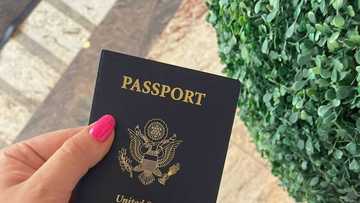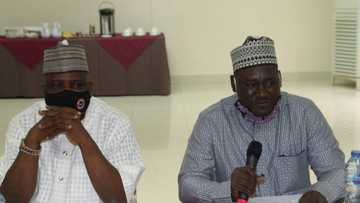10 limitations of human rights in Nigeria: what are they?
Fundamental human rights are a group of freedoms and rights given to every person regardless of numerous attributes such as age, race, beliefs, lifestyle, and descent. Every person is entitled to these rights from the day they are born until their demise. However, most of these rights are not absolute and can be legally taken away from a person under certain circumstances. The rights are, therefore, said to be limited. What are the limitations of human rights in Nigeria and their implications?
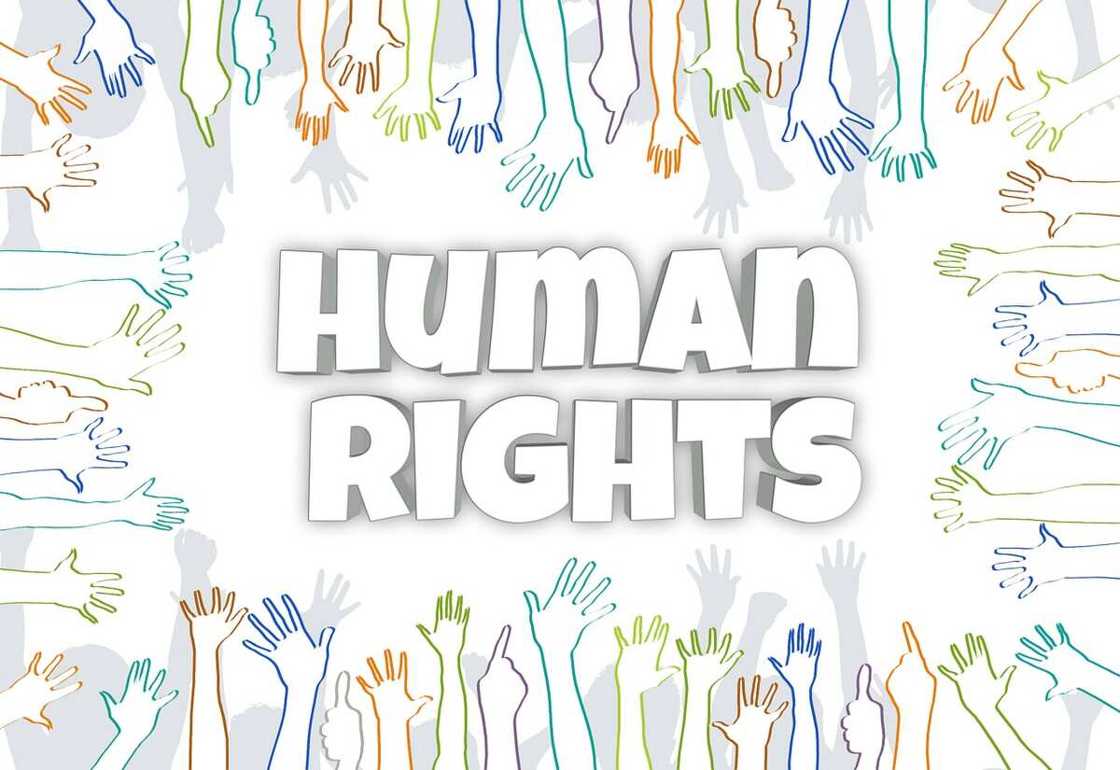
Source: UGC
Human rights limitations are put in place to balance the often-conflicting objectives of individual rights and public harmony. The limitations of freedoms allow a person's rights to be justifiably restricted, often for public good.
What are the limitations of human rights in Nigeria?
Fundamental human rights in Nigeria can be traced back to the first draft of the country's constitution in 1960. The constitution outlines the following as the fundamental human rights of every Nigerian citizen.
- The right to dignity
- The right to a fair hearing
- Freedom from discrimination
- Freedom of assembly and association
- Freedom of expression
- Freedom of movement
- Freedom of thought, conscience, and religion
- The right to life
- The right to own property
- The right to privacy
As stated earlier, these rights come with limitations, implying that they can be taken away in the interest of public objectives. What are the 10 limitations to human rights? Here is a look at the list of the limitations of human rights in Nigeria.
1. Limitations to the human right to life
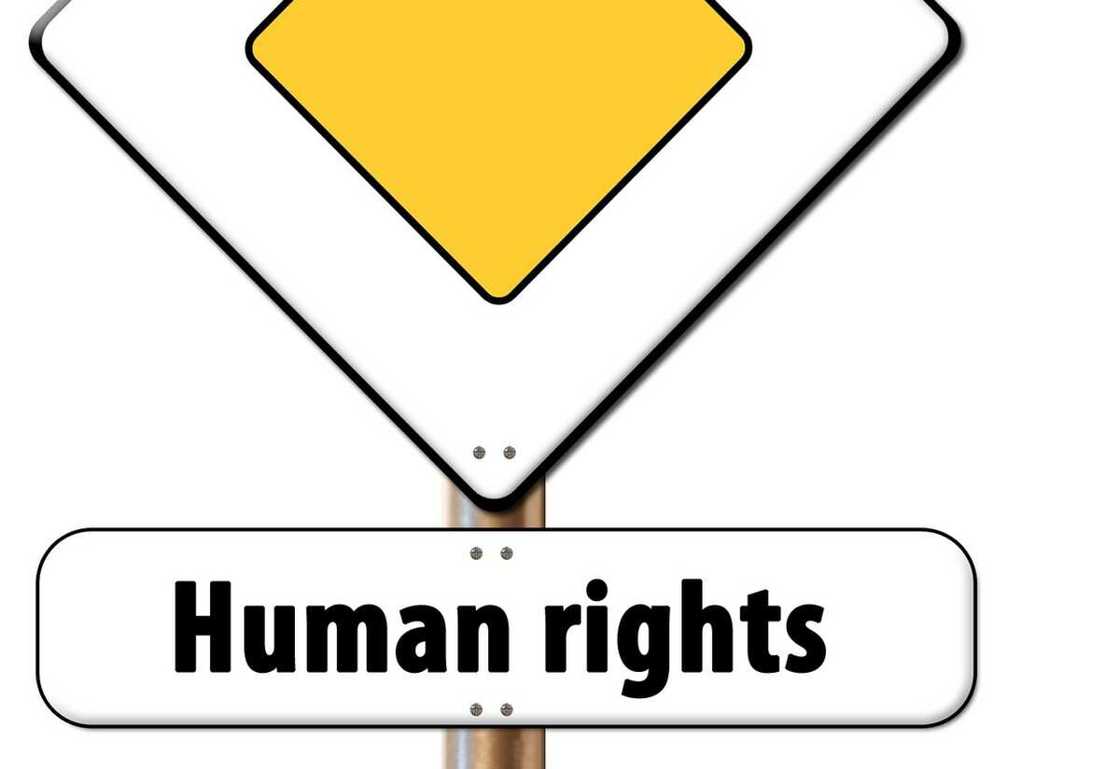
Source: UGC
Every Nigerian has a fundamental right to life. However, this can be taken away if a person commits a crime punishable by death. The right to life can also be limited when a person partakes in criminal activity such as terrorism, putting them in a position where they are a danger to the public.
2. Limitations to the right of assembly and association
On occasion, the Nigerian police can and have banned public gatherings in order to maintain law and order. When such a ban is implemented, a person's fundamental right to assembly and association becomes automatically restricted. The implementation of dusk-to-dawn curfews can also be used to limit this freedom legally.
3. Limitations to the right to freedom of movement
The freedom of movement becomes limited under numerous circumstances. The most common ones are government-imposed curfews, detention, imprisonment, violence intervention policies, and guardianship orders.
4. Limitations to the right to a fair hearing/trial
In criminal and civil proceedings, every Nigerian has the right to a fair hearing, meaning the person has the right to be notified of the charge levied against them and allowed to respond to the charges. However, the right is not absolute and can be taken away once such a person is given an opportunity to respond to the charges but refuses to do so.
5. Limitations to the right to privacy
The right to privacy implies that every Nigerian should not be subjected to arbitrary interference with their family, home, privacy, and correspondence. However, this freedom can be limited in various ways. For example, the posts one makes on their social media accounts can be used as evidence against them in a court of law, even if such posts fall under the person's right to privacy.
6. Limitations to the right to freedom of religion
While the Nigerian constitution recognizes every individual's freedom to practice their desired religion, it limits the rights when such freedom violates other human rights. For example, one cannot practice a religion that injures or kills people in the name of religious beliefs. The right to freely practice such a religion then becomes limited on the basis of being barbaric, dangerous, and outrightly unreasonable.
7. Limitations to the right to freedom to own property
Every Nigerian has the right to own property in the country. However, the freedom becomes limited when the government must carry out the compulsory acquisition of a parcel of land for the public good. In such a case, the landowner is adequately compensated but no longer has the right to the said parcel of land.
8. Limitations to the right to freedom of speech
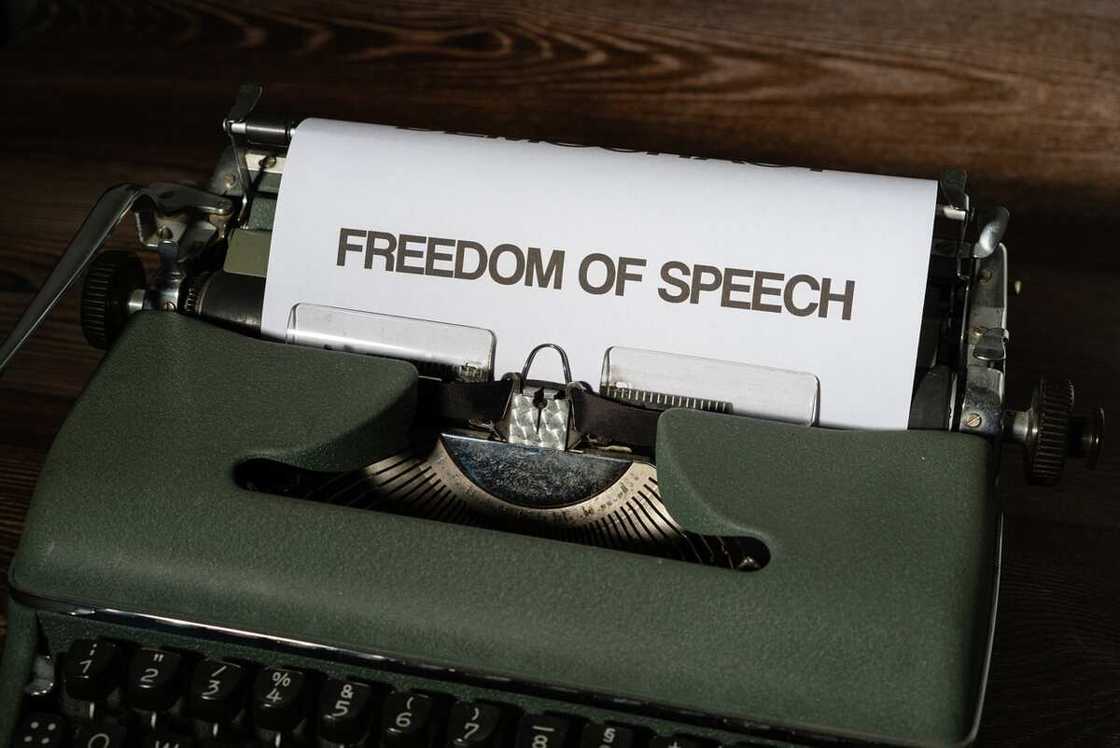
Source: UGC
The right to free speech is not absolute and can be taken away when a person says or intends to say things that might harm another person's reputation or well-being. Additionally, speech that constitutes the theft of intellectual property can also result in a limitation of the right.
The offenses of libel and slander are among the most common limitations of fundamental human rights in Nigeria.
9. Limitations to the right of freedom from discrimination
A country should not discriminate directly or indirectly against any person on any ground, including race, gender, pregnancy, marital status, health status, ethnic or social origin, colour, age, disability, religion, conscience, belief, culture, dress, language, or birth.
However, this freedom can be limited in instances where a person is detained on medical grounds. This usually happens when the said person has a contagious disease that can be easily transmitted to the public.
10. Limitations to the right of dignity
Dignity is the right of a person to be valued and respected for their own sake and to be treated ethically. It is of utmost significance in morality, ethics, law, and politics. The limitations to the right of dignity are quite contentious since most jurisdictions treat it as an absolute right.
Still, some countries have been known to limit this right, particularly where matters of national security are involved.

Read also
REPORT: How COVID-19 increased child labour in Lagos state (parents, children share experiences)
Absolute rights
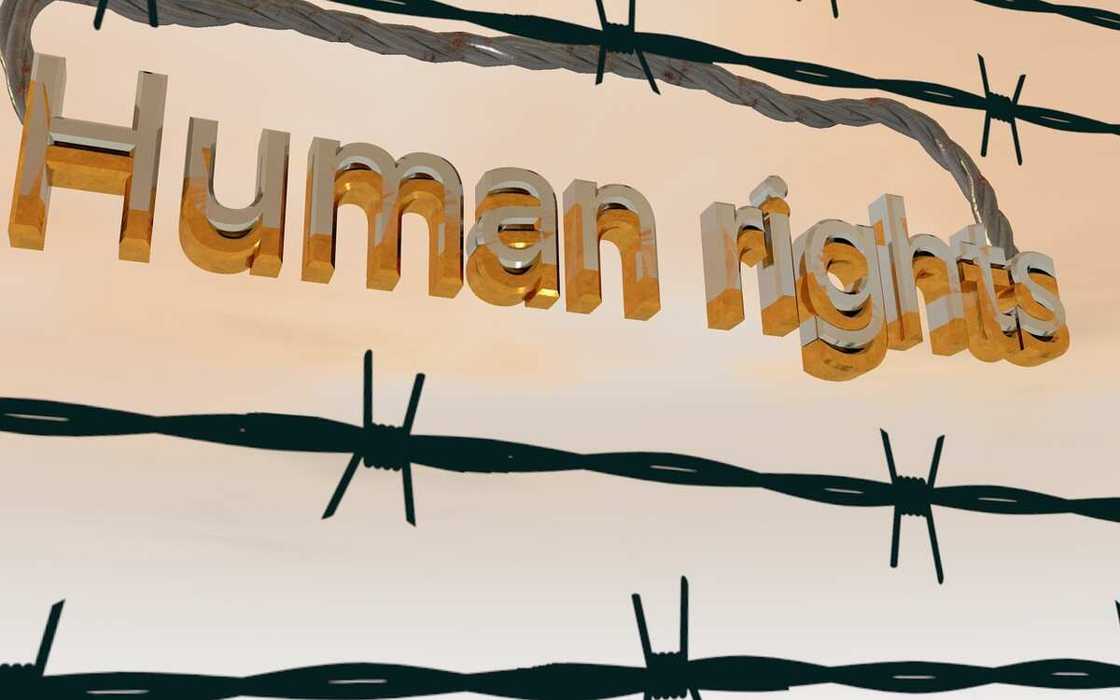
Source: UGC
While there are various limitations of human rights and freedoms in Nigeria, there are some absolute rights that cannot be interfered with. These are freedoms on which limitations cannot be imposed regardless of the circumstances.
- Freedom from imprisonment for inability to fulfil a contractual obligation.
- Freedom from slavery
- Freedom from torture and other cruel, inhuman, or degrading treatment or punishment.
- Right to recognition as a person before the law.
There are various limitations of human rights in Nigeria, as is the case with numerous other countries. These limitations make it possible to balance public and individual objectives. Most of the restrictions are recognized under the law.
READ ALSO: Types of courts in Nigeria and their functions explained
Legit.ng recently published an article about the types of courts in Nigeria and their functions. The judiciary is one of the three arms of the Nigerian government. It is mandated to adjudicate disputes arising between individuals, governments, and corporate entities in their inter-relationships with one another within or outside the country under the law.
There are different types of courts in Nigeria, all part of the country's judiciary. The courts exist in a hierarchical order, with those above being superior to the ones below. These bodies also have varying jurisdictions.
Source: Legit.ng

Jackline Wangare (Lifestyle writer) Jackline Simwa is a content writer at Legit.ng, where she has worked since mid-2021. She tackles diverse topics, including finance, entertainment, sports, and lifestyle. Previously, she worked at The Campanile by Kenyatta University. She has more than five years in writing. Jackline graduated with a Bachelor’s degree in Economics (2019) and a Diploma in Marketing (2015) from Kenyatta University. In 2023, Jackline finished the AFP course on Digital Investigation Techniques and Google News Initiative course in 2024. Email: simwajackie2022@gmail.com.

Adrianna Simwa (Lifestyle writer) Adrianna Simwa is a content writer at Legit.ng where she has worked since mid-2022. She has written for many periodicals on a variety of subjects, including news, celebrities, and lifestyle, for more than three years. She has worked for The Hoth, The Standard Group and Triple P Media. Adrianna graduated from Nairobi University with a Bachelor of Fine Arts (BFA) in 2020. In 2023, Simwa finished the AFP course on Digital Investigation Techniques. You can reach her through her email: adriannasimwa@gmail.com




